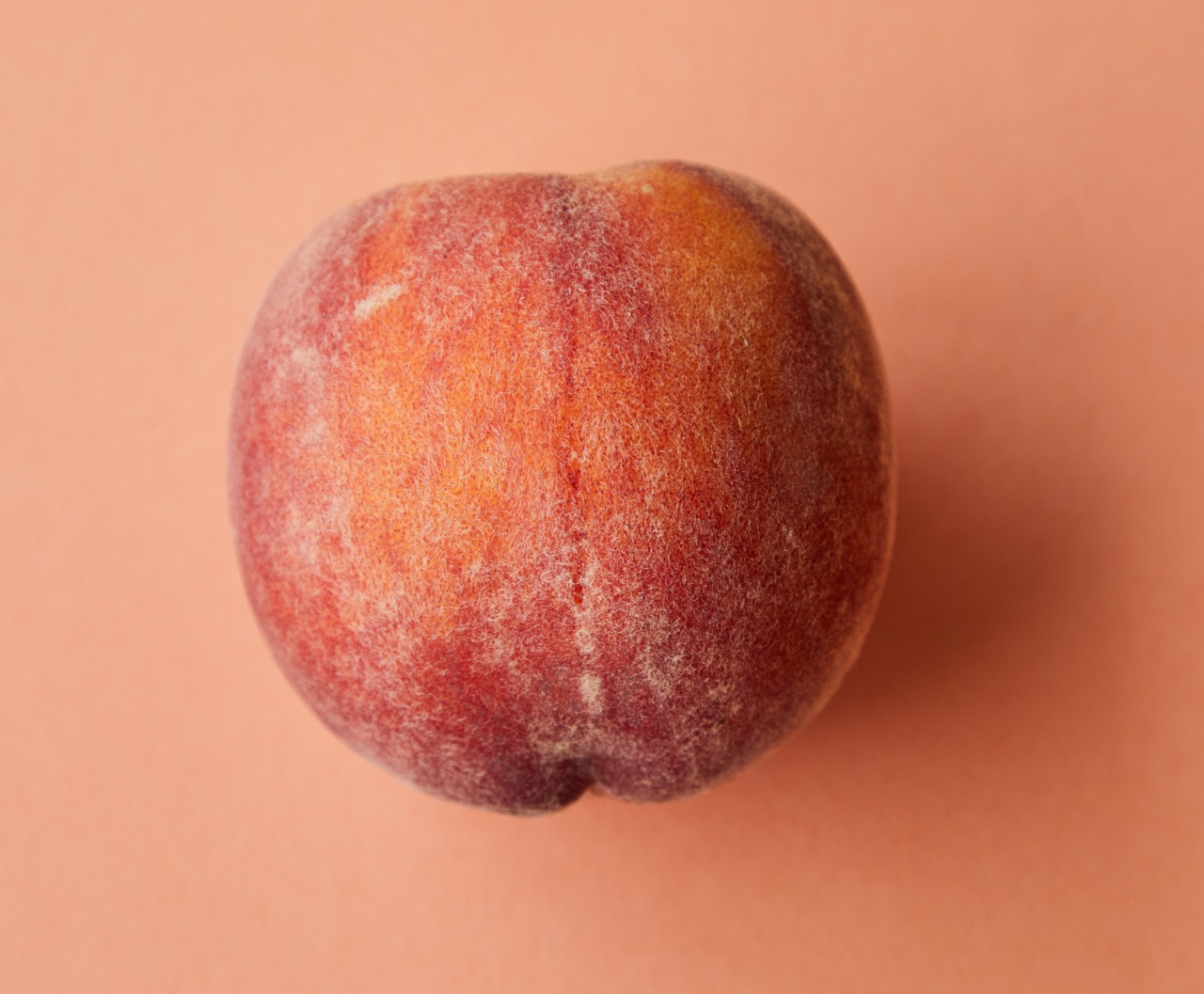As pet owners, we always want the best for our furry friends, including their overall health and digestion. Just like humans, dogs can also benefit from certain foods that support digestive health.
One such food is an antioxidant-rich vegetable that can work wonders for your dog’s digestion. In this article, we will explore the benefits of this vegetable and how it can improve your dog’s digestive system.
What is the Antioxidant-Rich Vegetable?
The antioxidant-rich vegetable we are referring to is none other than pumpkin. Yes, this humble vegetable that is often associated with fall festivities offers numerous benefits for your dog’s digestion.
Pumpkin contains essential nutrients, fiber, and a range of antioxidants that work together to promote a healthy digestive system in dogs.
The Benefits of Pumpkin for Digestion
Pumpkin is packed with fiber, making it an excellent natural remedy for dogs with digestive issues. Here are some of the ways pumpkin can improve your dog’s digestion:.
1. Relieves Constipation
If your dog is experiencing constipation, pumpkin can help ease their discomfort. The high fiber content in pumpkin adds bulk to their stool, making it easier to pass through the digestive tract.
2. Treats Diarrhea
Contrary to its effectiveness in relieving constipation, pumpkin can also help manage diarrhea in dogs. The soluble fiber in pumpkin absorbs excess water in the intestines, providing firmer stools for dogs experiencing loose stools.
3. Supports a Healthy Gut
Pumpkin contains natural prebiotics that promote the growth of beneficial gut bacteria in dogs. These good bacteria are essential for maintaining a healthy gut and aiding in efficient digestion.
4. Soothes Upset Stomach
If your dog has an upset stomach due to dietary indiscretion or a sudden change in diet, pumpkin can help calm their stomach. The soft and easily digestible nature of pumpkin makes it gentle on the stomach, providing relief from discomfort.
5. Helps with Weight Management
If your dog needs to shed a few pounds, incorporating pumpkin into their diet can be beneficial. The fiber in pumpkin creates a feeling of fullness, reducing their appetite and promoting weight management.
How to Incorporate Pumpkin into Your Dog’s Diet
Now that you are aware of the fantastic benefits of pumpkin for your dog’s digestion, you may be wondering how to incorporate it into their diet. Here are a few simple ways to introduce pumpkin to your dog:.
1. Pumpkin Puree
One of the easiest ways to add pumpkin to your dog’s diet is by using pumpkin puree. Make sure to use plain, unsweetened canned pumpkin, not pumpkin pie filling.
Simply add a tablespoon or two of pumpkin puree to your dog’s regular food and mix well.
2. Frozen Pumpkin Treats
If your dog enjoys frozen treats, try making some frozen pumpkin delights. Mix pumpkin puree with plain yogurt and freeze the mixture in an ice cube tray. Serve these frozen pumpkin treats as a refreshing snack on hot days.
3. Baked Pumpkin Biscuits
If you enjoy baking, why not prepare some homemade pumpkin biscuits for your dog? There are plenty of easy-to-follow recipes available that use pumpkin as a primary ingredient. This way, your dog gets the goodness of pumpkin in a tasty treat.
4. Pumpkin Kong Toy
If you want to provide your dog with mental stimulation while also benefiting their digestion, consider stuffing a Kong toy with pumpkin puree. This engaging activity will keep your dog entertained while they receive the digestive benefits of pumpkin.
Precautions and Considerations
While pumpkin is generally safe for dogs, it is always important to consult with your veterinarian before making any dietary changes. Additionally, keep the following precautions in mind:.
1. Pumpkin in Moderation
Pumpkin should be used as a supplement to your dog’s regular diet and not as a replacement for their main meals. Too much pumpkin can cause digestive upset, so it is essential to introduce it gradually and in moderation.
2. Avoid Sugary Products
When incorporating pumpkin into your dog’s diet, always choose plain pumpkin without any added sugars or spices. Sweetened products or pumpkin pie filling can contain ingredients that are harmful to dogs.
3. Monitor Your Dog
Observe your dog’s response to pumpkin and any other dietary changes. While most dogs tolerate pumpkin well, some may experience individual sensitivities or allergies.
If you notice any adverse reactions, discontinue the use of pumpkin and consult your veterinarian.
Conclusion
Pumpkin, the antioxidant-rich vegetable, offers excellent benefits for your dog’s digestion. From relieving constipation to soothing upset stomachs, pumpkin can play a significant role in supporting your furry friend’s digestive health.
Remember to introduce pumpkin in moderation and consult your veterinarian for tailored advice regarding your dog’s specific needs. With the incorporation of pumpkin into your dog’s diet, you can help improve their digestion and overall well-being.






























